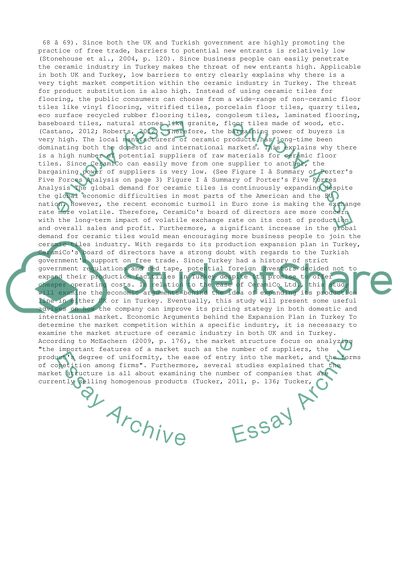Cite this document
(“International Business:CeramiCo Ltd. Birmingham, UK Essay”, n.d.)
International Business:CeramiCo Ltd. Birmingham, UK Essay. Retrieved from https://studentshare.org/business/1402834-international-buiness
International Business:CeramiCo Ltd. Birmingham, UK Essay. Retrieved from https://studentshare.org/business/1402834-international-buiness
(International Business:CeramiCo Ltd. Birmingham, UK Essay)
International Business:CeramiCo Ltd. Birmingham, UK Essay. https://studentshare.org/business/1402834-international-buiness.
International Business:CeramiCo Ltd. Birmingham, UK Essay. https://studentshare.org/business/1402834-international-buiness.
“International Business:CeramiCo Ltd. Birmingham, UK Essay”, n.d. https://studentshare.org/business/1402834-international-buiness.


